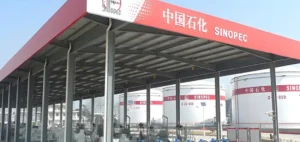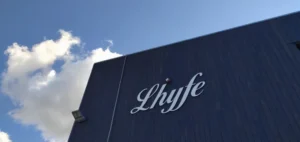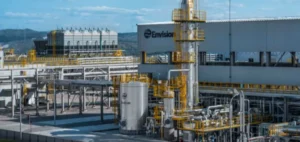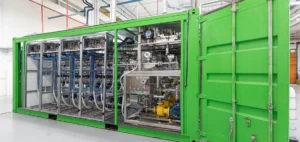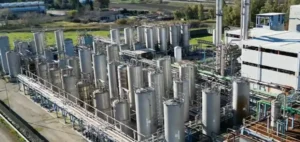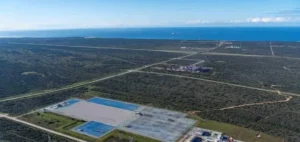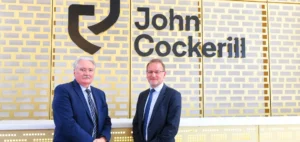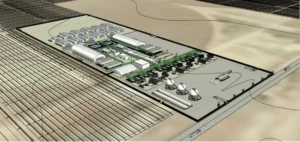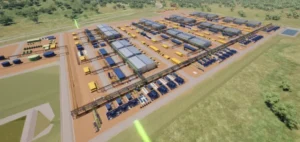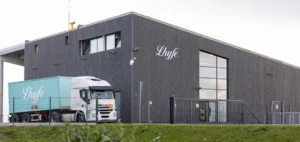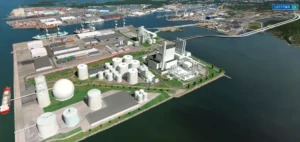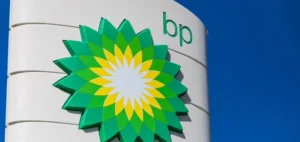French start-up Hopium, which only recently promised to bring the first hydrogen-powered sedan to the automotive market, announced on Friday that it had been placed in receivership, triggering a 40% fall in its share price.
Hopium in receivership: Vital investment offers hope of a rebound
“By judgment dated July 19, the Paris Commercial Court opened receivership proceedings in favor of Hopium for an initial period of 6 months (until January 19, 2024), which may be renewable for a further 6 months,” the company said in a press release.
On the Paris Bourse, its share price, suspended on Thursday pending this announcement, had been halted since 1:30 pm (11:30 am GMT) at 0.54 euros – a 40% drop from its last available price – due to excessive variations.
Since the beginning of the year, the stock has lost over 90% of its value. In a second press release published on Friday, the start-up announced that it had secured financing from the Atlas Special Opportunities investment fund.
This injection of fresh money “is intended to enable the company to continue its business over the next 12 months and to develop its fuel cell” up to the point of producing a prototype, Hopium explained.
Hopium, builder of the Machina hydrogen-powered sedan, faces financial challenges
Chaired until mid-March by former Transport Minister Jean-Baptiste Djebbari, Hopium, which billed itself as the Tesla of hydrogen with its Machina sedan, is in dire financial straits. In 2022, its losses would amount to 23.9 million euros – compared with 8 million in 2021 – due in particular to the recruitment of 116 new employees, according to the company. At the beginning of 2023, 35 employees left the start-up via a Collective Bargaining Agreement.
Despite several capital increases last year for a total of 4.1 million euros, at December 31, 2022 the company had negative shareholders’ equity (-10.4 million euros) and a cash position also in the red, at -1.3 million euros. In May, at the time of the publication of its 2022 annual results, Hopium warned that the continuation of its activities was contingent on raising additional funds.
In early April, Hopium announced that it was concentrating on developing its fuel cell technology, postponing plans to market the Machina sedan, originally scheduled for release in 2025. Experts and manufacturers remain divided on the role of hydrogen in decarbonizing the automotive sector. Toyota and BMW are pinning their hopes on it, while many other brands are reserving it for commercial vehicles, which are more difficult to convert to electric power.


